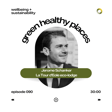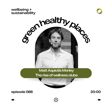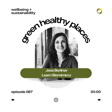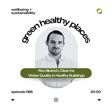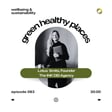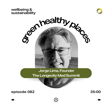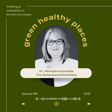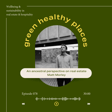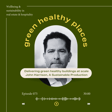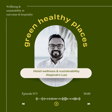
EarthCheck sustainability certification
Welcome to episode 071 the Green Healthy Places podcast in which we discuss the themes of wellbeing and sustainability in real estate and hospitality.
Today I’m in Australia talking to Stewart Moore, Founder and CEO of EarthCheck, the world’s leading scientific benchmarking certification and advisory group for sustainable travel and tourism.
EarthCheck helps tourism businesses and destinations become more sustainable through certification, consulting, training and software solutions. Their mission is to provide the tools needed to measure environmental impact, and ultimately to make business decisions that save money, resources and the planet.
Their clients range from leading destinations and multi-nationals to local governments and small business owners. A few of the more recognizable brand names to give you an idea, would include Melia, Banyan Tree, Kerzner International the owners of One & Only, amongst many others.
Stewart has over 30 years of experience in a wide range of disciplines from policy development, tourism destination management and marketing, sustainability, risk management and corporate and social responsibility.


